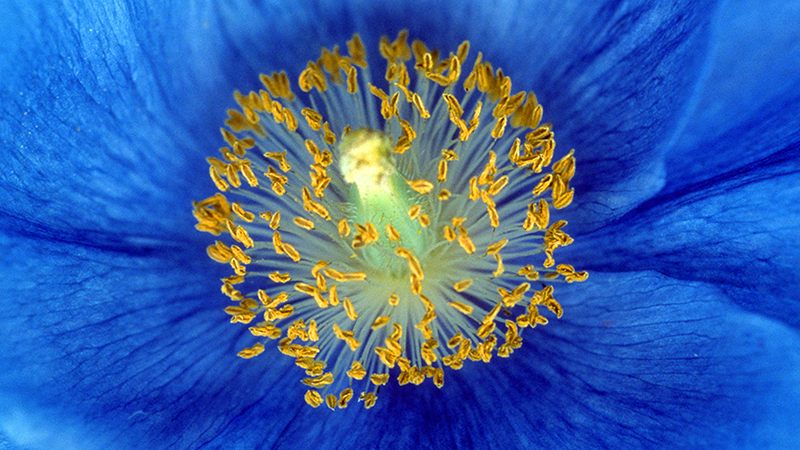Natural Science
 The Department is involved in research within the fields of ancient DNA, barcoding, taxonomy, phylogeography, ecology, palaeontology and biodiversity. The main focus is on northern Norway and the Arctic. The Department has well-established laboratory facilities for modern and ancient molecular biology, palynology, and palaeontology.
The Department is involved in research within the fields of ancient DNA, barcoding, taxonomy, phylogeography, ecology, palaeontology and biodiversity. The main focus is on northern Norway and the Arctic. The Department has well-established laboratory facilities for modern and ancient molecular biology, palynology, and palaeontology.
We are recruiting:
PhD candidate on the project IceAGenT
Laboratory tecnichian on the project IceAGenT
Ongoing projects
ERC consolidator grant: IceAGenT - Ice Age Genomic Tracking of Refugia and Postglacial Dispersal
RCN top research: ECOGEN -Ecosystem change and species persistence over time: a genome-based approach
RCN: Norwegian Barcode of Life (NorBOL)
ERC advanced grant: TerrACE - Terrace Arceology and Culture in Europe
Norwegian Biodiversity Information Center: Biosystematics of Bibionomorpha (Diptera) in the Taiga and Tundra
RCN: Precambrian - Cambrian of the Digermulen Peninsula in Finnmark, northern Norway
BiodivERsA: Future ArcTic Ecosystems (FATE): drivers of diversity and future scenarios from ethnoecology, contemporary ecology and ancient DNA
Teaching
ForBio - Research School in Biosystematics
Research facilities
Our most important research facilities are of course our collections. Using our collections, we have sequenced the standard DNA barcodes for a large proportion of the local fauna, bryophytes, lichens and fungi. For vascular plants, we use a more advanced method called genome skimming (low-coverage shotgun sequencing of genomic DNA). This enables us to assemble the entire chloroplast and mitochondrial genome, as well as the ITS region of the nuclear ribosomal DNA. By doing this, we overcome the limitations of standard barcodes in vascular plants and build a reference library useful for e.g. studies of phylogeny, comparative analyzes of organometric evolution, and new plant barcodes for selective taxa and / or ancient DNA.
We also have well-equipped laboratories for molecular biology (both modern and ancient DNA), palynology, taxodermology, palaeontology, geoarchaeology and a general purpose lab. Our ancient DNA lab was renovated in 2016 and is fully operational.
Employees at the Department of Natural Sciences